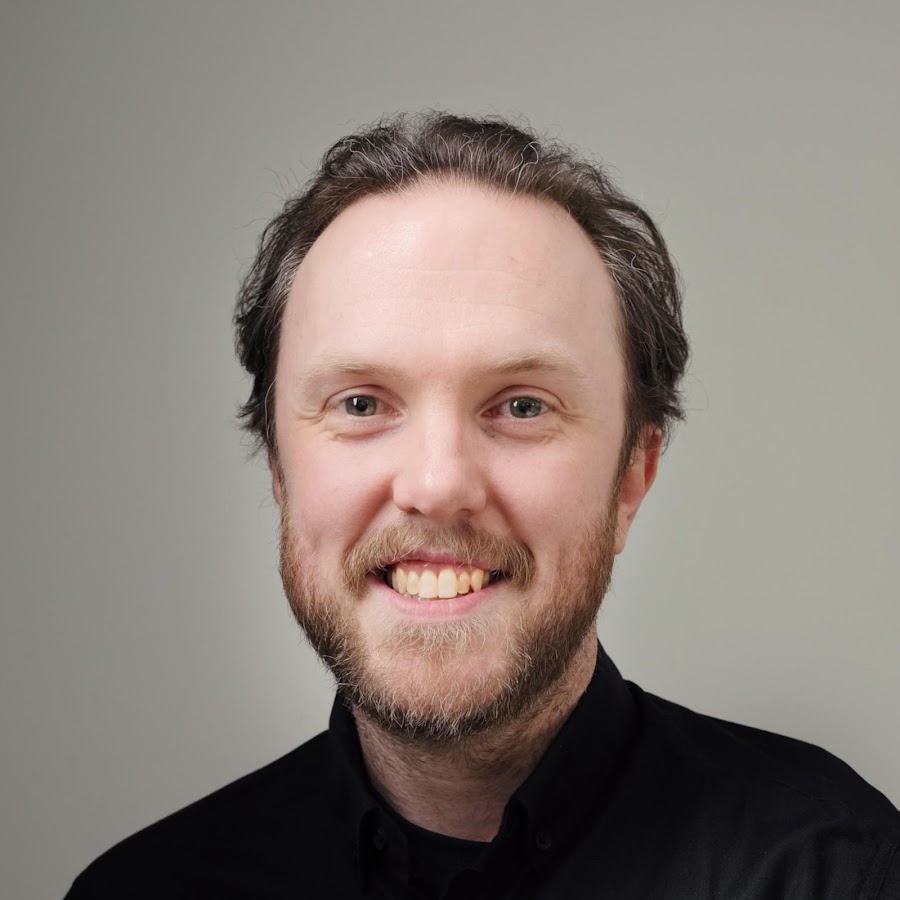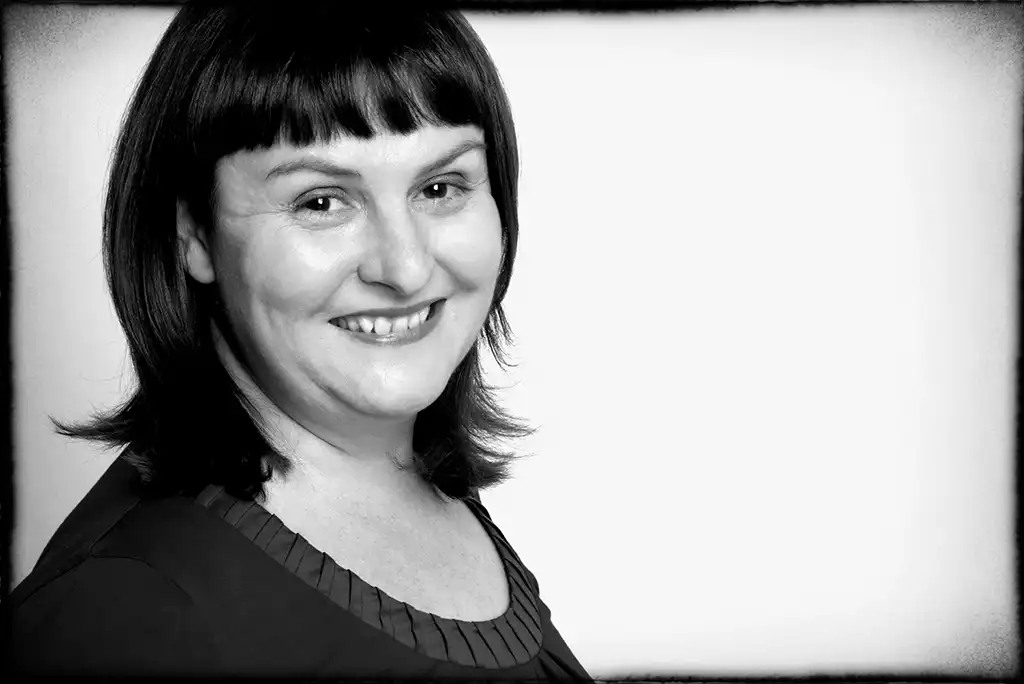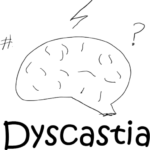So what do we call it when a person can’t learn to do something like reading, writing or maths as easily as what is considered normal? It’s a touchy subject and to be honest, it probably depends on the context you’re in when talking about it and whom your talking to. Sometimes our context is trying to get funding schools to better support kids at school, sometimes it’s raising awareness in the community about learning problems and the long term impact they have on students. In these contexts, we want to talk in a way that underlines the functional severity of these difficulties and the lasting impact they have on young people (especially if not dealt with and properly resourced). So, in those contexts, we might use terms like disability or disorder. Then there’s the toughest context – a child who needs their difficulty explained to them, carefully, in a way that doesn’t talk down to them or minimise the problems they experience, but at the same time doesn’t crush their soul. In this context we may tread too lightly and talk about brains working differently and put too little attention on the very real hardships the child experiences every day at school. It’s tough and it deserves exploring, because regardless of the context there’s just so much at stake. So let’s go there!
Watch episode 1 on YouTube
Links and resources mentioned in, and related to, this episode
I Don’t Want to be Here by Mark LeMessurier and Tim Mackie
Code Read Dyslexia Network
Book: The Dyslexia Debate – the book that got Bill cranky
https://www.cambridge.org/core/books/dyslexia-debate/9A6FB53788DB1830CFA83ED5168133A6
Dr Sally Shaywitz – Dyslexia as an island of weakness in a sea of strengths
https://www.yalemedicine.org/specialists/sally_shaywitz
ICESCR Article 13
https://humanrights.gov.au/our-work/rights-and-freedoms/right-education
Article 24 – Education
States Parties recognize the right of persons with disabilities to education.
Learning Disability: What the Heck Is It?
https://dyslexiaida.org/learning-disability-what-the-heck-is-it/
Disability and the Media
Promoting an accurate image and enhancing the voice of persons with disabilities in the media






